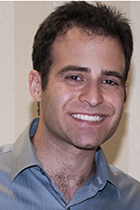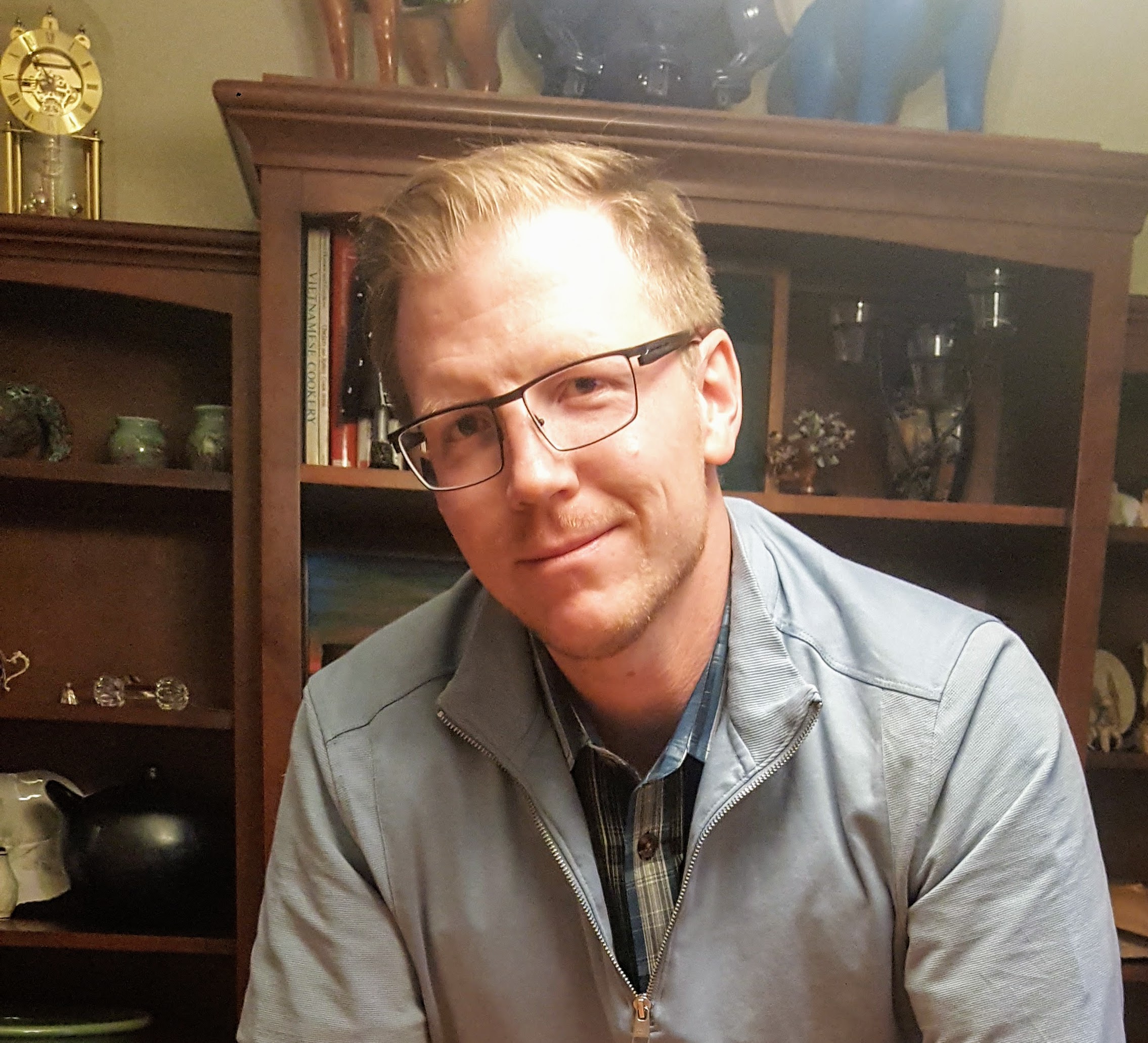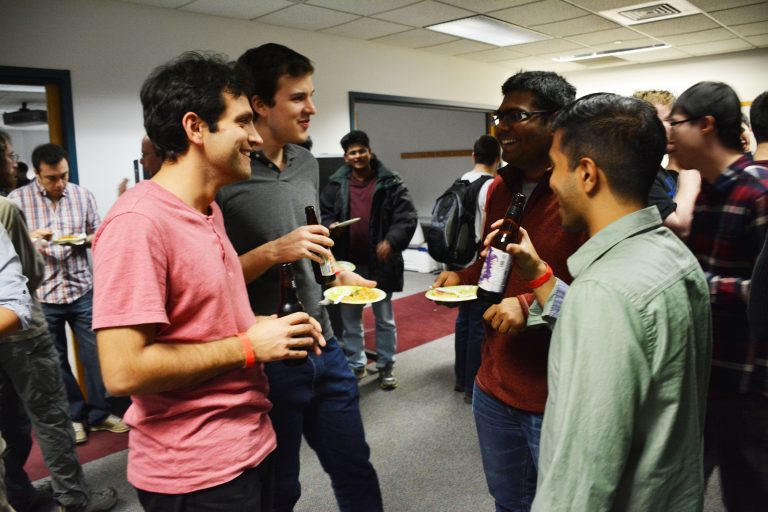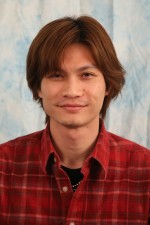Carnegie Mellon University
Learning with Clusters
Abstract As machine learning becomes more ubiquitous, clustering has evolved from primarily a data analysis tool into an integrated component of complex machine learning systems, including those involving dimensionality reduction, anomaly detection, network analysis, image segmentation and classifying groups of data. With this integration into multi-stage systems comes a need to better understand interactions between [...]
Planning Algorithms for Multi-Robot Active Perception
Abstract A fundamental task of robotic systems is to use on-board sensors and perception algorithms to understand high-level semantic properties of an environment. The performance of perception algorithms can be greatly improved by planning the motion of the robots to obtain high-value observations. In this talk I will present a suite of planning algorithms we [...]
Doing a Post-doc: Should I do one? How do I find one? How do I pick? What next?
Abstract: In this talk, I will describe the ins and outs of getting a job as a post-doctoral researcher ("doing a post-doc"). I will first describe a number of reasons why one might want to do a post-doc, as well as a few reasons not to do one. I will next describe how to choose [...]
Carnegie Mellon University
Intra-Robot Replanning and Learning for Multi-Robot Teams in Complex Dynamic Domains
Abstract: In complex dynamic multi-robot domains, we have a set of individual robots that must coordinate together through a team planner that inevitably makes assumptions based on probabilities about the state of world and the actions of the individuals. Eventually, the individuals may encounter failures, because the team planner’s models of the states and actions [...]
Towards Lifelong Robot Learning
Abstract: Google Brain Robotics vision is to leverage learning to push the field of robotics forward. As such, we have engaged in research ranging in application from navigation to grasping and approach from deep RL to learning from demonstration. Fundamentally, our research is built around the core idea of lifelong learning. Our long term goal [...]
Exploring Human-Robot Trust during Emergencies
Abstract: This talk presents our experimental results related to human-robot trust involving more than 2000 paid subjects exploring topics such as how and why people trust a robot too much and how broken trust in a robot might be repaired. From our perspective, a person trusts a robot when they rely on and accept the [...]
RoboOrg Post-Seminar Reception
Join us after Alan Wagner's RI Seminar in RoboLounge and adjoining Newell-Simon Hall 1507 to socialise with the speaker and other member's of the RI community. There will be food and drinks for all! PSRs are a good time to let off some steam, meet new people, have engaging conversations, learn new things and most [...]
RI Winter Tree Decorating Administrative Staff Luncheon
By invitation only: Robotics Institute Administrative staff are invited to join us Monday, December 4th from 12:00 noon to 2:00 pm for our annual Robotics Institute Winter Tree Decorating Administrative Staff Luncheon.
Carnegie Mellon University
Automated Collaborations Among Neighborhood-based Search Heuristics
Abstract: For this thesis, we propose to study how to automatically combine multiple neighborhood-based heuristics. For most computationally challenging problems, there exists multiple heuristics, and it is generally the case that any such heuristic exploits only a limited number of aspects among all the possible problem characteristics that we can think of. As a result, [...]
Carnegie Mellon University
Belief Space Planning for Reducing Terrain Relative Localization Uncertainty in Noisy Elevation Maps
Abstract Accurate global localization is essential for planetary rovers to reach science goals and mitigate mission risk. Planetary robots cannot currently use GPS or infrastructure for navigating, and hence rely on terrain for determining global position. Terrain relative navigation (TRN) compares planetary rover-perspective images and 3D models to existing satellite orbital imagery and digital elevation [...]









